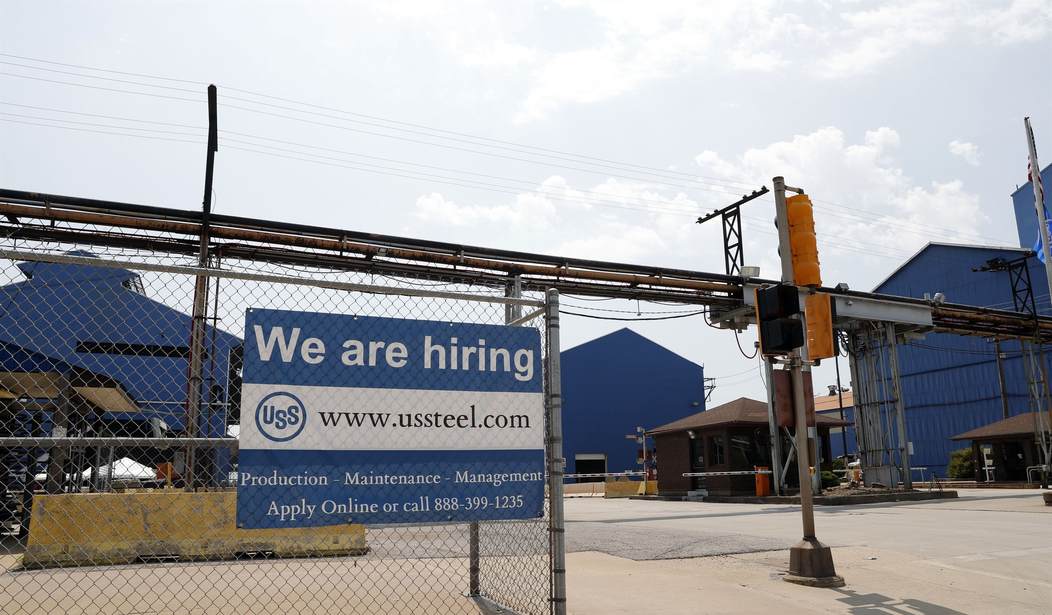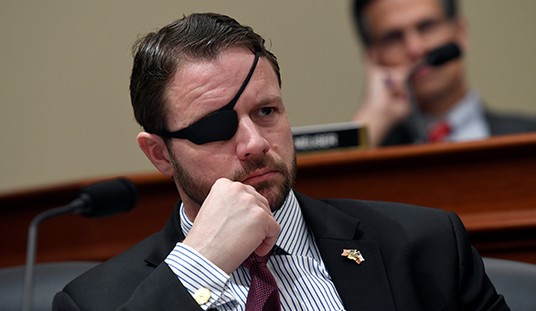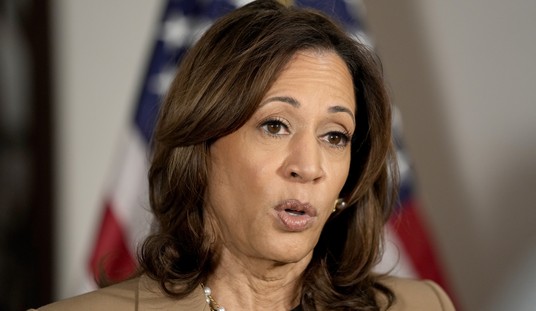On Friday, the Biden Administration announced that the President would use his executive authority to block Japan's Nippon Steel's acquisition of United States Steel. The President cited national security concerns as the primary reason for blocking the sale. The move leaves an uncertain future for US Steel, which was once the largest corporation in the world.
President Biden plans to block Japan's Nippon Steel from acquiring US Steel in $14.3 billion deal, administration official tells CNNhttps://t.co/Y4feLNmjkt
— CNN (@CNN) January 3, 2025
US Steel was created in 1901 by merging companies that investment banker JP Morgan acquired, primarily Carnegie Steel in Pittsburgh and Federal Steel in Illinois. The new corporation was immediately the largest steel producer in the country. By the 1950s, the company produced half of all the steel produced in the United States. At that time, US Steel produced 35 million tons of steel a year for products from beer cans to skyscrapers.
By the end of the 1970s, US Steel had fallen on hard times. A changing industrial landscape, recession, and labor disputes had left the company in trouble. Soda and beer cans were made of aluminum, the automotive industry used more plastic and lighter metals, and construction companies imported cheaper foreign steel. US Steel was forced to sell off assets and close some of its plants to survive. Perhaps most symbolically closing the Homestead Works near Pittsburgh in 1986. Once the largest steel mill in the world, the Homestead Works was the headquarters of Carnegie Steel and the cornerstone of the merger that had created US Steel in 1901. However, the mill was antiquated and inefficient, and US Steel could not afford the upgrades needed to make it competitive again. The location is now a commercial district. Restaurants, shops, and movie theaters now operate where the plant once stood. Only a few smokestacks and some old relics remain from the old mill as a reminder of the area's once great industrial past.
Recommended
The company finds itself in a similar situation today. Mills desperately need upgrades that the company does not have the assets to provide. In 2021, plans to upgrade Coke ovens in Mon Valley Work's Clariton plant had to be scrapped, shutting the ovens down. The Nippon Steel deal had earmarked a billion dollars for upgrades to the Mon Valley Works alone. The future of these mills and the thousands of jobs they represent are now in jeopardy.
Biden blocking the Nippon/US Steel acquisition will likely lead to mill closures in PA and IN, according to US Steel CEO David Burritt. pic.twitter.com/1veKXdM3sZ
— Jay Caruso (@JayCaruso) January 3, 2025
US Steel had hoped to convince President Biden to greenlight the deal before his departure. However, Biden, who has referred to himself as the greatest pro-union president in history, may have instead caved to pressure from the United Steel Workers Union, which has been against the deal since it was announced in 2023.
The United Steelworkers union has strongly opposed the deal since the moment it was announced, arguing that Nippon has not given it sufficient guarantees that it would protect unionized jobs at some of the company’s older mills staffed by union members.
Rank and file union members, who now face losing their jobs, disagree.
Be warned, their language is as strong as their feelings.
I have received many messages like this today.
— Colin Dunlap (@colin_dunlap) January 3, 2025
This is what the steelworkers — the guys who actually walk into the mill and grind it out each day — feel. pic.twitter.com/v3NOPMKrOf
Senator John Fetterman released a statement in support of Biden's decision. John lives in Braddock, PA, home to the Mon Valley Work's Edgar Thompson Plant. ET, as it is known, faces the possibility of closure now that the Nippon deal has been blocked.
It started on my roof and it ends here:
— U.S. Senator John Fetterman (@SenFettermanPA) January 3, 2025
Stood with @steelworkers then, throughout, today, and always—that will never change.
Union steel in the Valley is sacred and must endure.
My vote + voice follows that spirit, the unions, and the union way of life. https://t.co/iYHVLZibKe pic.twitter.com/JfqPI5ijnF
It seems odd that the union is so willing to risk thousands of jobs by killing this deal. It's almost as if it's not really about the workers they represent at all.
Did you forget this part, John?
— Colin Dunlap (@colin_dunlap) January 3, 2025
"Hundreds of steelworkers braved freezing temperatures to rally for the imperiled $15 billion takeover of U.S. Steel by Nippon Steel."
This happened. Less than a month ago. By Western Pennsylvanians. Rank-and-file workers. https://t.co/nIb5Q5JQIf
As a retired Union Ironworker who helped build & maintain the various Mon-Valley Steel works, I find it unbelievable how trump, Biden, Fetterman, "comatose" mayor, McCormick R totally clueless on the FACTS, possible thousands of jobs that will be tossed, Nippon = invest billions
— Tim Hartman (@Retired_IW_3) January 3, 2025
US Steel and Nippon Steel have released a joint statement and are intending to fight President Biden's decision.
But Biden’s opposition to the deal may not be the final say. US Steel and Nippon Steel issued a joint statement vowing to fight it in court.
“We are dismayed by President Biden’s decision,” said the statement. “The president’s statement and order do not present any credible evidence of a national security issue, making clear that this was a political decision. We are left with no choice but to take all appropriate action to protect our legal rights.”
After Biden's announcement, US Steel shares fell over 6%, closing at just over $36 per share. The Nippon deal included a buyout at $50 per share.
What a total moron. And this a perfect symbol of why his presidency failed miserably - a horrible decision made for all the wrong - pandering - reasons that will have terrible unintended consequences https://t.co/I7VEnfjp9o
— Paul Zeise (@PaulZeise) January 3, 2025
Donald Trump, who has also stated that he is against foreign ownership of US Steel, albeit for different reasons, is not expected to overturn Biden's decision, and the deal seems destined to be settled in court.
The future of US Steel is uncertain, but one thing is sure in South Western Pennsylvania: if something isn't resolved soon, the entire Monongahela Valley will, like Homestead, be reduced to a few old relics that remind us of our once great industrial past.

























Join the conversation as a VIP Member